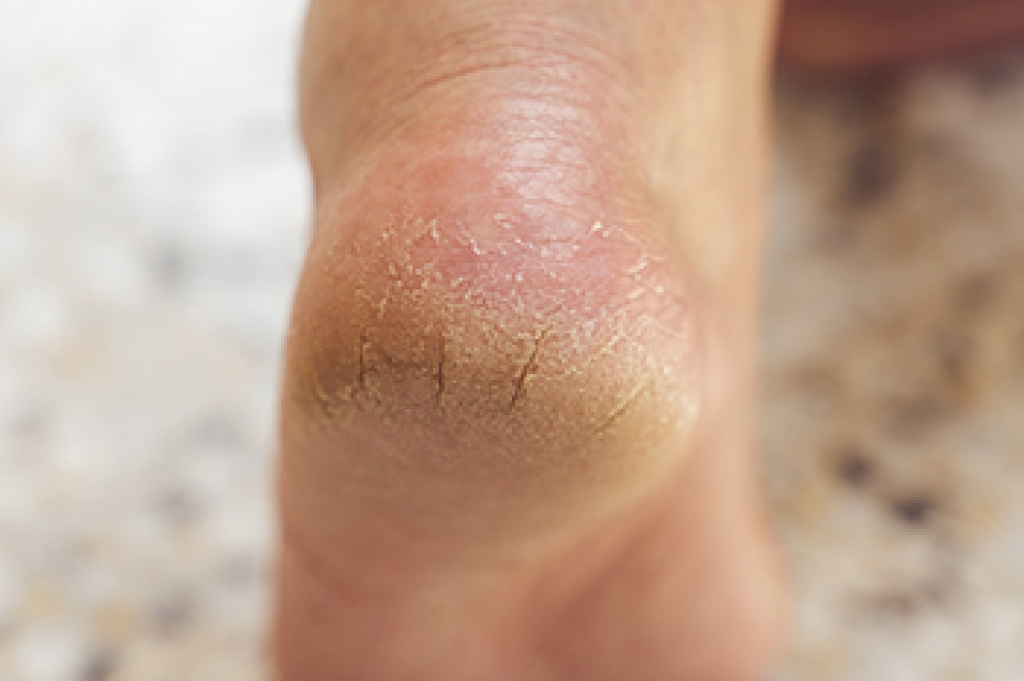
Cracked heels, or heel fissures, can be a bothersome foot condition that requires attention. While most people associate cracked heels with summer weather, they can also be problematic during the winter. Cracked heels often stem from hardened and dry skin, often accompanied by thick calluses. While standard moisturizers or petroleum jelly can offer relief, persistent cracks may indicate more profound issues. In fact, athlete's foot, a fungal infection typically causing itchiness and scaling, can migrate to the heels, leading to painful fissures. For mild cases, regular moisturizing, especially during dry winter months, can be beneficial. If at-home solutions prove ineffective, consulting a chiropodist is important. Severe cases can result in infections such as cellulitis, underscoring the importance of prompt and appropriate care. Cracked heels may also signal deeper health problems, such as hypothyroidism, diabetes, or heel bone spurs. Maintaining smooth and crack-free heels involves proper foot care, awareness of potential causes, and seeking guidance when needed. If cracks persist, it is suggested that you schedule an appointment with a chiropodist for a full evaluation and treatment options.
Dry, cracked heels are more than a cosmetic inconvenience. For many people, they are uncomfortable, deep, painful, and may even bleed. If you suffer from cracked heels, please consult with one of our chiropodists from West Toronto Foot & Ankle Clinic Inc. . Our chiropodist can help you maintain the health of your lower limbs and your mobility.
Causes
- Prolonged standing
- Wearing open-back shoes
- Wearing shoes that don’t cushion the heels
- Living in a cold or dry climate
- Taking long, hot showers
- Not moisturizing the heels
- Eczema
- Psoriasis
- Palmoplantar keratoderma
- Juvenile plantar dermatosis
Treatments
- Soaking the feet
- Exfoliating with a pumice stone
- Moisturizing the heels
- Wearing closed-back shoes that cushion heels
- Avoiding prolonged standing
- Taking warm, rather than hot, showers
- Treating underlying skin conditions
While milder cases of cracked heels can be treated at home, some patients present with deep, painful, bleeding heel fissures that are at risk of becoming infected and may require medical care. Additionally, patients with diabetes or any other conditions that affect the immune system should be monitored by a chiropodist.
If you have any questions please feel free to contact our office located in Toronto, ON .
